(Last updated September 26, 2025)

Walk into any sales organization and you’ll see a familiar pattern. Top performers are celebrated and stretched with new opportunities, while struggling employees receive extra coaching to get them back on track.
In between sit the largest group — the middle performers. They deliver consistently, but because they’re not seen as urgent, they rarely receive the kind of focused support that helps them move beyond “good enough.”
In pharmaceutical sales, overlooking this group is costly.
The industry depends on accurate communication, strong client relationships, and steady results. When middle performers plateau, opportunities for growth and trust are left behind.
The good news is that they don’t need a sweeping transformation to improve. What they need are coaching plans that match their strengths and address specific gaps.
Unlike generic training, a personalized coaching plan gives them the confidence and skills to keep progressing at their own pace — turning reliability into long-term growth.
Key Takeaways
- Middle performers are a hidden growth opportunity. In pharma sales, they form the backbone of teams. With the right coaching plan, they can transition from steady contributors to standout achievers.
- Personalized coaching plan drives sustainable growth. Tailored development focuses on confidence-building and practical skills, ensuring middle performers develop at their own pace without feeling overwhelmed.
- Leaders benefit from structured coaching frameworks. Clear, personalized strategies improve engagement, retention, and sales outcomes across the organization.
Why Middle Performers Matter
The Overlooked Majority
According to SalesScreen, in most sales organizations, about 60 percent of employees fall into the “middle” category. They consistently meet expectations but rarely exceed them. This majority holds immense potential. With structured support, middle performers can deliver exponential returns because they already possess a foundation of competence and reliability.
Risks of Neglect
When middle performers are ignored, disengagement can creep in. They may feel invisible compared to high performers who receive recognition and low performers who get coaching interventions. Left unchallenged, they risk stagnation—or worse, attrition. For pharmaceutical companies where knowledge retention and client trust are critical, losing steady contributors can be costly.
The Limitations of One-Size-Fits-All Training
Generic Training Programs
Traditional sales training often comes in the form of workshops or seminars delivered to the entire team. While efficient, these sessions rarely address individual needs. A rep who struggles with confidence in client meetings won’t benefit as much from a session focused solely on product updates.
The Confidence Gap
Middle performers typically need encouragement to take the next step. Standardized programs can either overwhelm them or fail to address their specific struggles. Without a personalized coaching plan, development becomes inconsistent and progress plateaus.
Building Effective Coaching Plans
Effective coaching plans work best when they combine structure with adaptability. A clear framework gives middle performers direction, while flexibility ensures the plan evolves as skills and confidence grow. When managers strike this balance, development feels both purposeful and personalized.
Assessing Strengths and Weaknesses
Begin with diagnostic tools such as performance reviews, self-assessments, and peer feedback. Identifying both strengths and growth areas ensures that coaching is relevant and actionable.
Setting Realistic Goals
Establish SMART goals—specific, measurable, achievable, relevant, and time-bound. For example, a rep might aim to improve call-to-close ratios by 10 percent within three months through targeted role-play exercises.
Providing Continuous Feedback
Progress thrives on consistent feedback. Instead of annual reviews, hold biweekly or monthly check-ins. Feedback should highlight improvements while addressing areas that need refinement. Recognition of small wins keeps motivation high.
Strategies for Personalized Coaching
A balanced mix of approaches ensures middle performers feel supported while being challenged:
- Skill-focused training modules – Break complex sales skills into smaller, digestible lessons.
- Role-playing and simulations – Provide safe spaces to practice handling objections in pharma sales calls.
- Peer mentoring – Pair middle performers with high achievers who model effective techniques.
- Technology-based learning – Utilize digital learning platforms or AI-driven tools to personalize pacing and track progress.
- Emotional intelligence coaching – Equip reps with resilience and adaptability to handle client demands.
Case Example: From Average to Standout
Consider a pharmaceutical sales rep, Maria, who consistently hit her monthly targets but rarely exceeded them. She lacked confidence in presenting during physician meetings.
Through a personalized coaching plan focusing on presentation skills, Maria participated in simulations, received feedback, and gradually improved her communication style.
Within six months, her sales numbers rose by 18 percent, and she became one of the team’s most trusted client-facing reps.
This illustrates how targeted strategies can transform steady contributors into valuable assets.

Benefits of a Personalized Coaching Plan
For Employees
Tailored development builds confidence, nurtures professional identity, and accelerates career growth. Middle performers feel valued, which boosts engagement and job satisfaction.
For Managers
Managers gain better visibility into individual capabilities and can delegate tasks more effectively. Structured coaching plans also ease the pressure of constantly firefighting performance issues.
For Organizations
At scale, personalized coaching drives sales growth, strengthens client relationships, and builds a robust leadership pipeline. In an industry as competitive as pharmaceuticals, this advantage is significant.
How Leaders Can Implement Coaching Plans Today
Leaders don’t need to overhaul their entire training framework to get started. A step-by-step approach works best:
- Identify middle performers using performance metrics and manager insights.
- Conduct needs assessments through surveys, interviews, or performance data analysis.
- Create individual roadmaps aligned with business objectives and employee aspirations.
- Track progress with measurable indicators such as conversion rates or client feedback.
- Adjust dynamically—coaching plans should evolve as employees grow and business needs shift..

Middle performers are not a stagnant group—they are a powerful growth engine waiting to be tapped. By shifting away from one-size-fits-all training and embracing a personalized coaching plan, leaders can unlock hidden potential, build confidence, and create stronger, more resilient sales teams.
The journey from good to great doesn’t happen overnight, but it begins with a single step: designing one tailored plan that meets employees where they are and helps them grow beyond it.
Ready to unlock the full potential of your middle performers? Contact us today to discover how a personalized coaching plan can strengthen your managers, elevate sales performance, and drive lasting growth across your organization.



